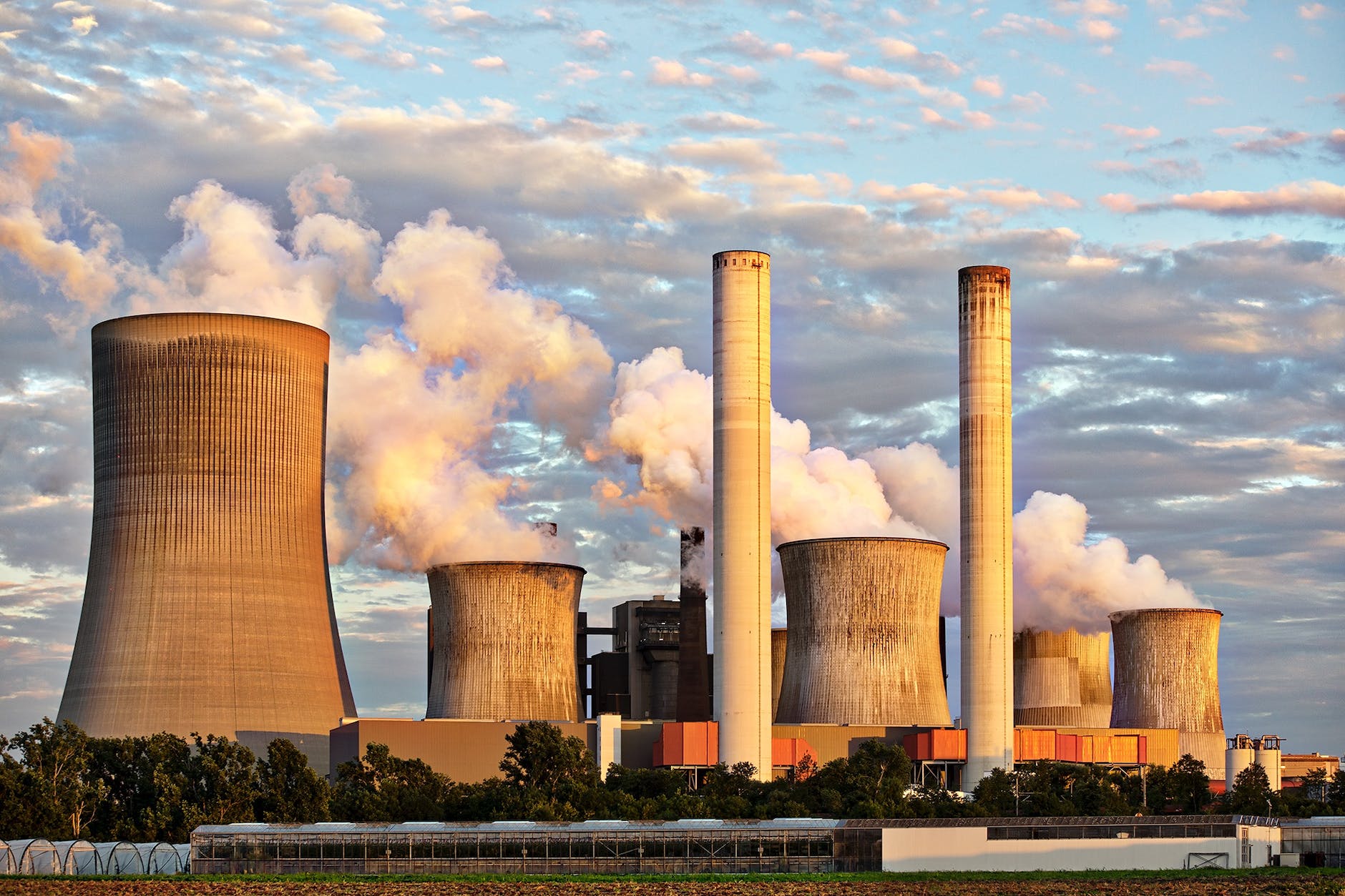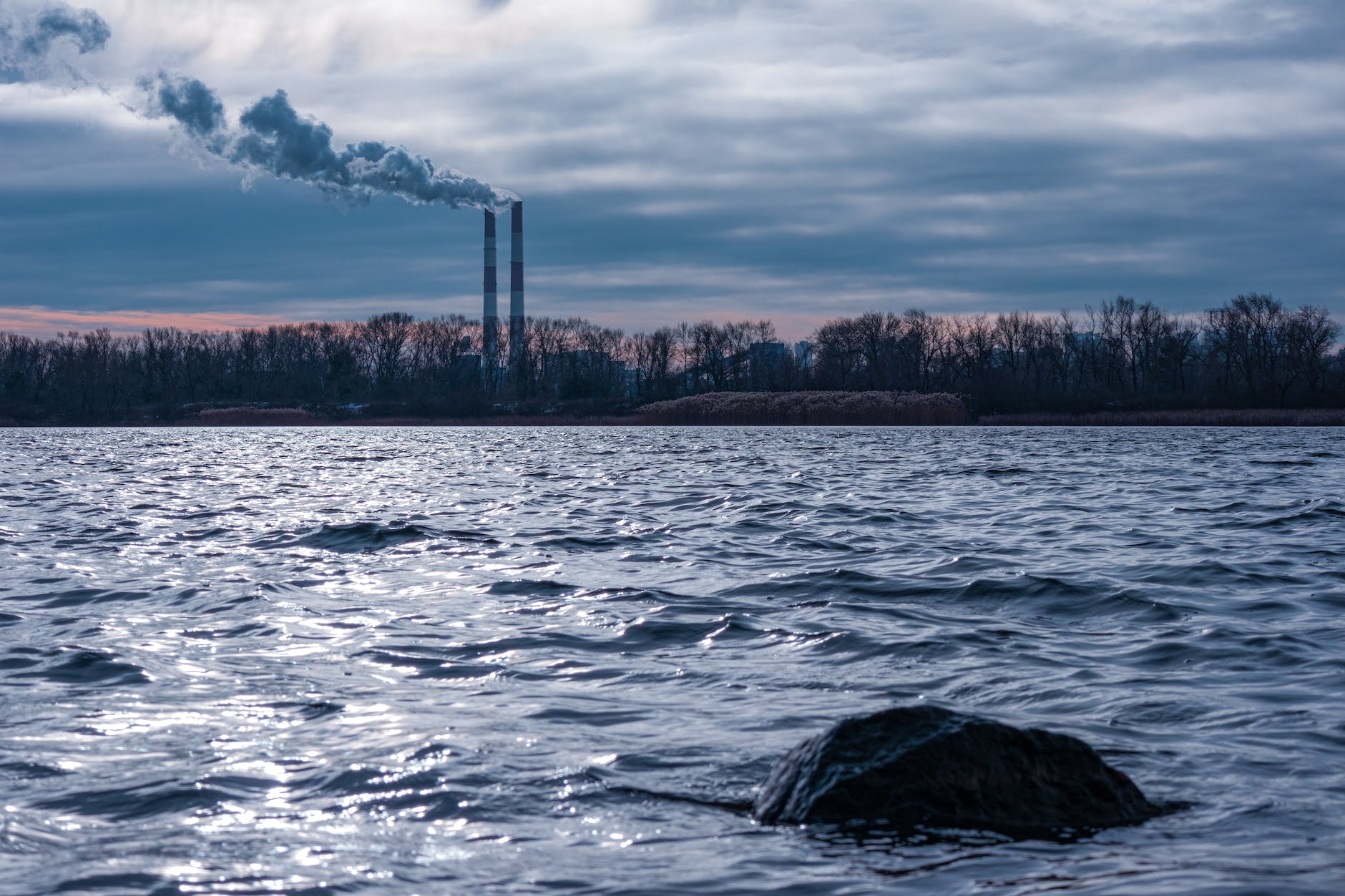Water pollution is a major environmental problem that affects the health of humans, animals, and the planet as a whole. It occurs when harmful substances such as chemicals, pollutants, and waste materials are introduced into bodies of water, making them unsafe for consumption and use.
There are many different sources of water pollution, including industrial activities, agriculture, and domestic sewage. Industries such as factories and power plants often release harmful chemicals and pollutants into bodies of water, including lead, mercury, and pesticides. Similarly, agricultural activities such as farming and livestock production can also contribute to water pollution through the use of fertilizers and pesticides, as well as through the disposal of animal waste. Finally, domestic sewage can also contribute to water pollution through the release of untreated or partially treated waste into rivers, lakes, and oceans.
The effects of water pollution can be devastating. It can make water unsafe for human consumption, leading to health problems such as diarrhea, cholera, and other water-borne illnesses. Similarly, water pollution can also harm wildlife, destroying habitats and killing off entire species. In addition, it can also negatively impact the overall quality of life in communities, making it difficult for people to fish, swim or even drink water.
To combat water pollution, it is important to take a multi-faceted approach that includes both regulatory measures and community-based solutions. Governments can enact laws and regulations to limit the amount of pollution that can be released into bodies of water by different sources. For example, they can set limits on the amount of chemicals and pollutants that can be released by industries, and enforce regulations on the disposal of animal waste by agricultural operations. Additionally, they can invest in water treatment facilities to clean up existing pollution and protect the health of communities.
At the same time, communities can also take action to reduce water pollution. For example, they can advocate for the protection and preservation of wetlands and other natural habitats, which act as natural filters for pollutants. Similarly, they can promote sustainable agricultural practices that reduce the use of harmful chemicals and fertilizers. Individuals can also take steps to reduce water pollution in their own lives, for example by reducing their use of single-use plastics, properly disposing of household chemicals, and conserving water.
Another important aspect of addressing water pollution is the management of hazardous waste. Hazardous waste can come from a variety of sources, including industrial operations, medical facilities, and households. When not properly managed, these materials can cause serious health problems and environmental damage. In order to prevent this, it is important to implement regulations for the storage, transport, and disposal of hazardous waste. Furthermore, it is necessary to establish protocols for identifying and responding to hazardous waste spills and leaks, as well as for preventing them from happening in the first place.
The increasing population and urbanization are also contributing factors to water pollution. The rapid development and expansion of cities is putting pressure on water resources and leading to the degradation of water quality. To address this, it is important to ensure that new development projects are designed with water conservation in mind, and that they incorporate green infrastructure such as rain gardens and stormwater retention ponds. Similarly, it is important to promote sustainable water use practices, such as grey water systems, rainwater harvesting, and low-flow fixtures, to reduce the strain on water resources.
Another important aspect of addressing waterpollution is to improve public education and awareness about the issue. Many people may not be aware of the sources of water pollution or the ways in which they can contribute to it. By providing information about the risks associated with waterpollution and the steps that can be taken to prevent it, we can empower individuals and communities to take action and make a difference.
In conclusion, water pollution is a complex and pressing environmental issue with far-reaching consequences for human health and the environment. To effectively address it, it is necessary to implement a comprehensive approach that includes regulatory measures, community-based solutions, and individual actions. By working together, governments, organizations, and individuals can take steps to reduce waterpollution and protect our vital water resources for future generations.


One thought on “Water Pollution – a serious issue: an essay”